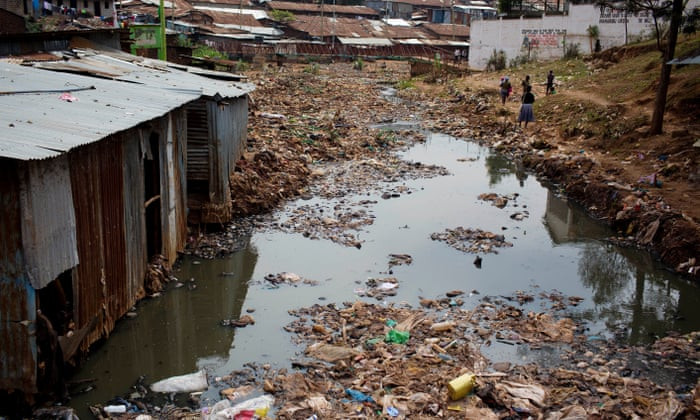Have you seen free-flowing sewage in most areas of Uganda? Have you wondered what effects are associated with it? Has there been anything done?
These are some of the questions to be asked when it comes to the issue of sewage. Sewage is waste matter such as feaces or dirty water from homes and factories, which flows away through sewers to the treatment plants. There are three types of wastewater, or sewage: domestic sewage, industrial sewage, and storm sewage. Domestic sewage carries used water from houses and apartments. It is also called sanitary sewage. Industrial sewage is used water from manufacturing or chemical processes. Storm sewage, or stormwater, is runoff from precipitation that is collected in a system of pipes or open channels.
The Ugandan treatment system due to its faults and breakdowns exposes the public to sewage through leaking pipes, overflowing intersections, poor treatment system, and intentional discharge of sewage, especially during rainy days. This thus exposes the public to a list of effects associated with sewage which include:
Untreated sewage to enter rivers and other water sources, causing them to become polluted. This contaminates the water system and hence exposes the community to disease-causing microorganisms like Campylobacteriosis, Escherichia coli, Salmonellosis (Typhoid Fever) Shigellosis (Typhoid) among others. The magnitude of effect is seen from a scenario in Milwaukee. This area experienced the largest documented drinking water outbreak in US history which was caused by the chlorine-resistant parasite Cryptosporidium parvum and the outbreak affected over 400,000 people. Additionally, WHO estimates that 1.5 million preventable deaths per year result from unsafe water, inadequate sanitation or hygiene. These deaths are mostly young children. Another 860,000 children less than five years old are estimated to die annually as a direct or indirect result of the underweight or malnutrition associated with repeated diarrheal or intestinal nematode infections.
Sewage has mainly negative effects to the environment. These effects ranges from death of biodiversity due to accumulation of the chemicals. A clear example is when sewage is discharged poorly into the water bodies especially that which contains heavy metals and other industrial waste materials, this could lead to the deaths water animals but also cause chemical bioaccumulation of chemicals in the food chain which eventually affect the lives of animals.
These main effects and others call for immediate clear interventions in managing wastewater as well as strict laws towards community members who just release the waste into the stormwater channels during rainy times. This will eventually protect the public as well as the public from the negative effects and then promote sustainability.
If you would like your article/opinion to be published on Uganda’s most authoritative news platform, send your submission on: [email protected]. You can also follow DailyExpress on WhatsApp and on Twitter (X) for realtime updates.



